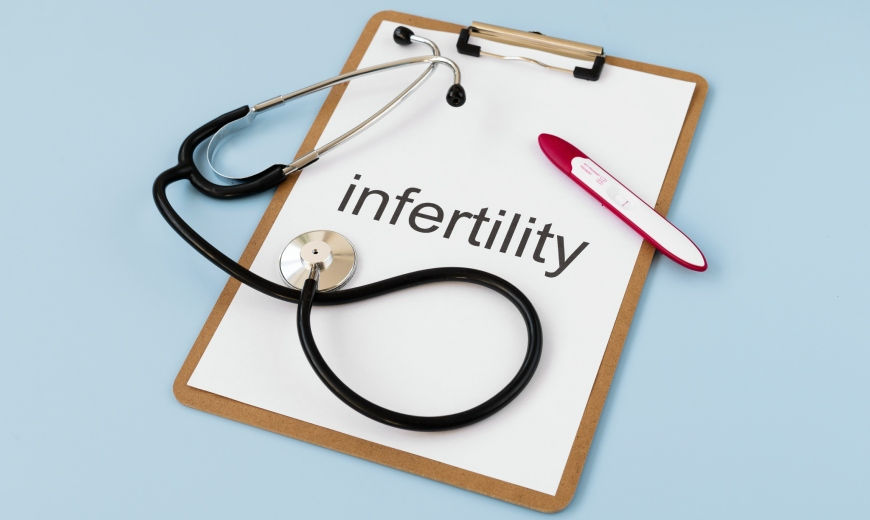Essential Health & Safety Tips for Women Considering Egg Donation
- sproutingseedsartb
- Aug 14
- 3 min read

Egg donation is a generous and life-changing decision that many women consider to help others start a family. However, the process requires careful attention to health and safety to ensure your well-being throughout the process. If you’re exploring women egg donation, understanding key safety tips can prepare you for a smooth and secure experience. This blog covers essential advice from fertility experts to help you make informed choices and stay safe during your egg donation journey.
Understanding Egg Donation
Egg donation, also called oocyte donation, involves a woman donating her eggs to another person or couple struggling with infertility. The procedure requires hormonal stimulation to produce multiple eggs, which are then retrieved in a minor medical procedure. Because of the medical nature, it’s vital to consult with qualified fertility specialists and follow health guidelines closely.
Essential Health Tips for Women Considering Egg Donation
1. Get a Thorough Medical Evaluation
Before donation, undergo a complete health screening, including blood tests, infectious disease screening and a pelvic ultrasound. This ensures you are physically fit and your eggs are healthy for donation.
2. Disclose Your Medical History Honestly
Be transparent with your fertility doctor about your personal and family medical history. Certain genetic conditions or health issues may affect your eligibility or require extra care.
3. Follow Hormonal Medication Instructions Carefully
Fertility medications, often in the form of injections, must be taken at precise times and dosages. Incorrect use can affect egg quality or cause side effects such as ovarian hyperstimulation syndrome (OHSS). Always follow your doctor’s guidance closely.
4. Stay Hydrated and Maintain a Healthy Diet
A balanced diet rich in protein, vitamins, and minerals supports your body during hormonal stimulation and recovery. Drinking enough water can also help reduce bloating and discomfort.
Key Safety Tips to Keep in Mind
1. Choose a Reputable Fertility Clinic
When selecting a fertility clinic, prioritize those with experienced specialists who maintain strict safety standards. Accredited clinics follow well-established protocols that help minimize risks during egg retrieval and other treatments. Research the clinic’s reputation and patient reviews to ensure you receive quality care throughout the process.
2. Understand Potential Risks and Side Effects
Before undergoing egg retrieval, educate yourself about potential side effects like ovarian hyperstimulation syndrome (OHSS), mood swings, or mild discomfort following the procedure. Have an open conversation with your doctor so you fully understand these risks and know what symptoms to watch for during recovery.
3. Avoid Alcohol, Smoking and Unnecessary Medications
Substances such as alcohol and tobacco can reduce the effectiveness of fertility treatments and negatively impact your overall health. Additionally, some medications may interfere with the process. Follow your doctor’s instructions carefully regarding what to avoid before, during and after egg donation to ensure the best possible outcome.
4. Attend All Follow-Up Appointments
Post-procedure visits are crucial for monitoring recovery and catching complications early. Skipping these could delay treatment for any issues.
Taking Care of Emotional Well-being
Egg donation can trigger a range of emotions, from excitement to anxiety. It’s important to communicate openly with your healthcare provider about how you’re feeling throughout the process. Many Egg donation centre also provide counseling services to support you in managing stress, anxiety, or any other concerns that may arise. Taking care of your emotional health is just as important as the physical aspects of donation.
FAQs
Q1: How long does the egg donation process take?
Ans: The entire process usually takes about 2-3 weeks, including hormone injections and egg retrieval.
Q2: Can egg donation affect future fertility?
Ans: Most women resume normal fertility after donation, but discuss personal risks with your specialist.
Q3: What are the common side effects of hormonal injections?
Ans: Temporary bloating, mood swings, or tenderness are common. Severe symptoms should be reported to your doctor immediately.
Q4: Is egg donation painful?
Ans: The retrieval procedure is done under sedation and is generally painless, though mild cramping may occur afterward.



Apex Hospital – a trusted name for IVF treatment in Sirsa India, helping families and couples in the infertility center in Sirsa India, region achieve their parenthood dreams. Our multi-specialty hospital offers expert care in infertility support, surgery in Sirsa, and advanced laparoscopic procedures at affordable prices. With a team of highly experienced doctors and medical experts, we ensure high-quality and personalized treatment for every patient. Visit- https://apexhospitalsirsa.com/apex-surgery.php
https://apexhospitalsirsa.com/apex-ivf.php , https://g.co/kgs/pnbRRoV